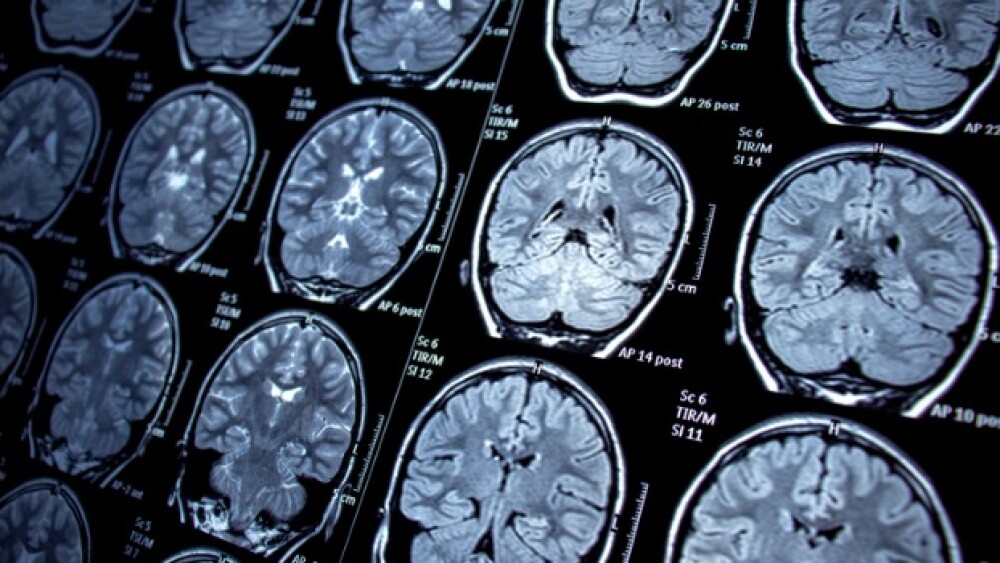The two mid-stage flops—one in major depressive disorder and another in focal onset seizures—involve drug candidates from partnerships with Xenon Pharmaceuticals and Takeda, respectively.
Pictured: MRI scans of the brain/iStock, Nur Ceren Demir
Neurocrine Biosciences on Thursday announced that two of its candidates—from separate partnerships with Xenon Pharmaceuticals and Takeda—failed their respective Phase II studies in focal onset seizures and major depressive disorder.
CMO Eiry Roberts in a statement said that Neurocrine is “disappointed” with these results “but remain fully committed to finding new treatment options for patients living with serious neurological and neuropsychiatric disorders” such as epilepsy and major depressive disorder (MDD).
Neurocrine’s stock fell 6.4% in after-hours trading on Thursday in response to these failures, according to MarketWatch.
In the Phase II trial in focal onset seizures (FOS), Neurocrine’s investigational sodium channel inhibitor NBI-921352 was unable to elicit a meaningful reduction in seizure frequency in adult patients. The mid-stage study was evaluating the safety, efficacy, tolerability and pharmacokinetic profile of NBI-921352 when used as an adjunctive therapy for adults with FOS.
“No further development with NBI-921352 in focal onset seizure is planned at this time,” according to Neurocrine’s announcement. The candidate is also currently being evaluated in SCN8A-developmental epileptic encephalopathy, and the company will continue to review these disappointing data “to understand any potential implication” for the ongoing study.
Neurocrine is developing NBI-921352 in partnership with Xenon Pharmaceuticals under a December 2019 contract. For an upfront cash payment of $30 million, alongside a $20 million equity investment, Neurocrine gained the exclusive license to advance NBI-921352, along with other preclinical assets for epilepsy.
The California-based biotech will continue working on these Xenon-partnered preclinical compounds despite NBI-921352’s failure.
Neurocrine reported another Phase II flop on Thursday. In the mid-stage TERPSIS study, its investigational AMPA potentiator NBI-1065846 fell short of its primary efficacy endpoint in patients with anhedonia in MDD. Neurocrine will no longer further work on NBI-1065846 in this indication.
NBI-1065846 is being developed under a collaboration agreement with Takeda, signed in June 2020 and involving several other pipeline programs for schizophrenia and depression. The partners will continue advancing NBI-1065846 in MDD patients that have shown inadequate response to treatment.
Takeda and Neurocrine will also continue to collaborate on other investigational assets, including luvadaxistat for cognitive impairment in schizophrenia and NBI-1070770 for MDD.
Thursday’s back-to-back failures buck Neurocrine’s short clinical and regulatory winning streak. Last week, the company posted positive interim data from the Phase III KINECT-HD2 study, showing that Ingrezza (valbenazine) can lead to chorea improvements in patients with Huntington’s disease. Ingrezza won the FDA’s approval in this indication in August 2023.
In September 2023, Neurocrine notched another clinical win in classic congenital adrenal hyperplasia for its oral CRF1 antagonist crinecerfont, which aced the Phase III CAHtalyst Adult Study.
Tristan Manalac is an independent science writer based in Metro Manila, Philippines. He can be reached at tristan@tristanmanalac.com or tristan.manalac@biospace.com.






